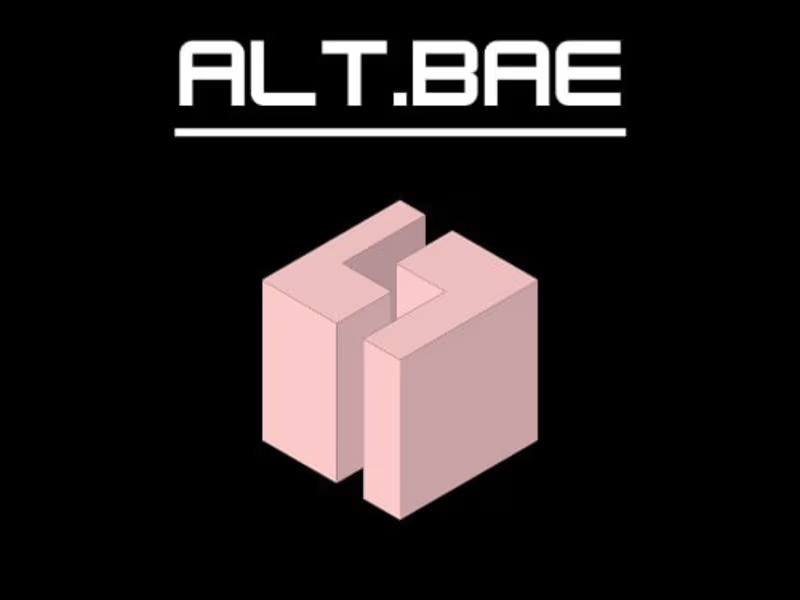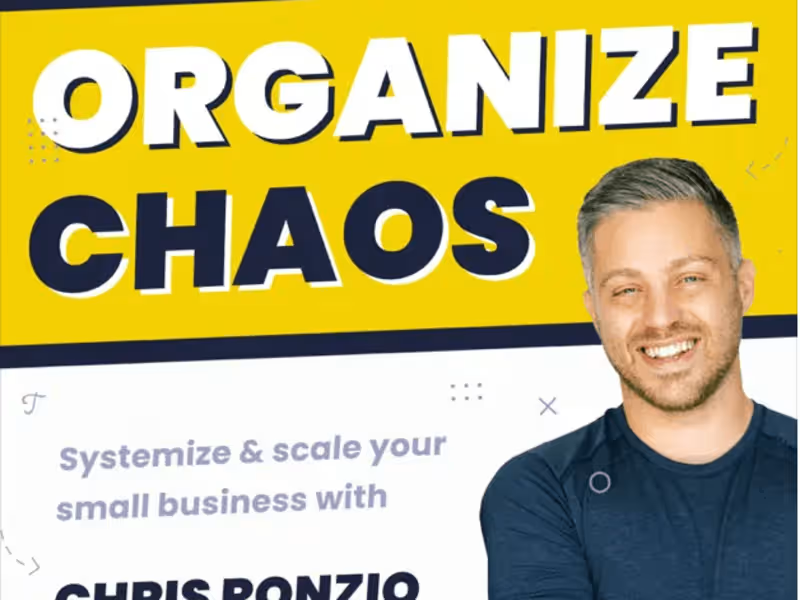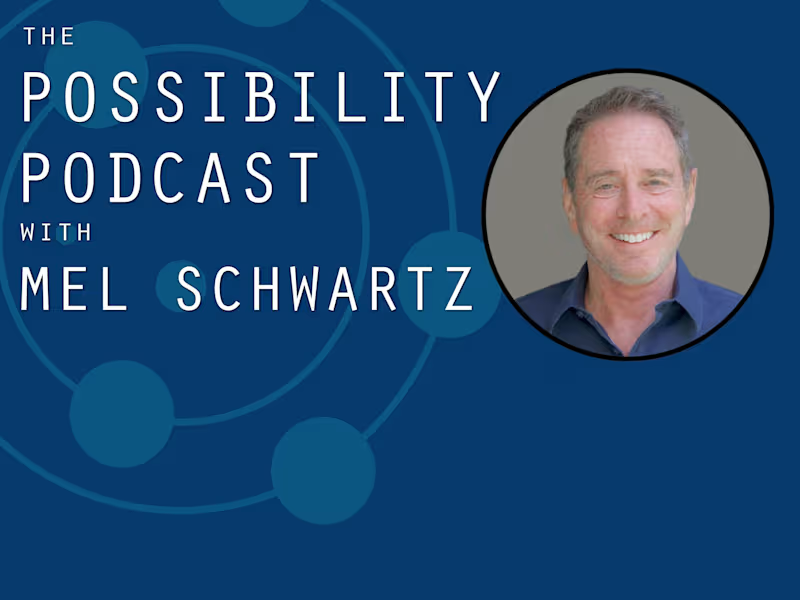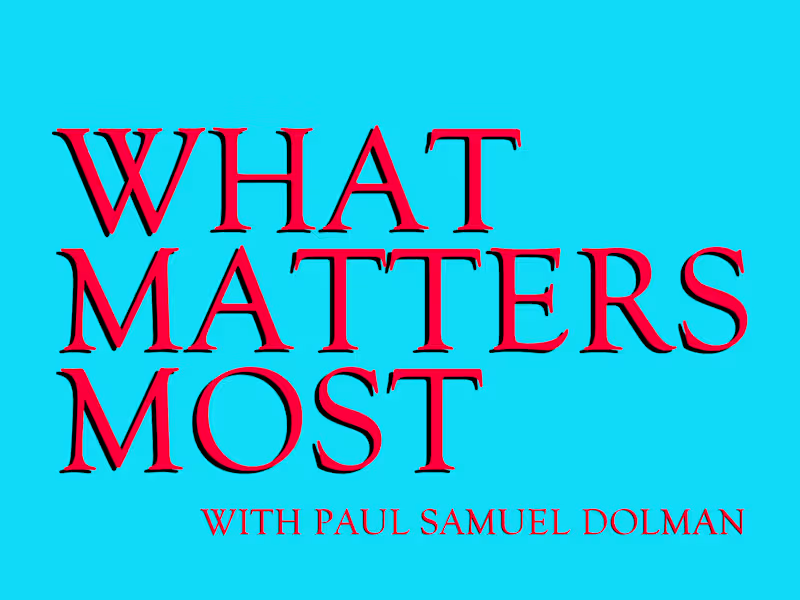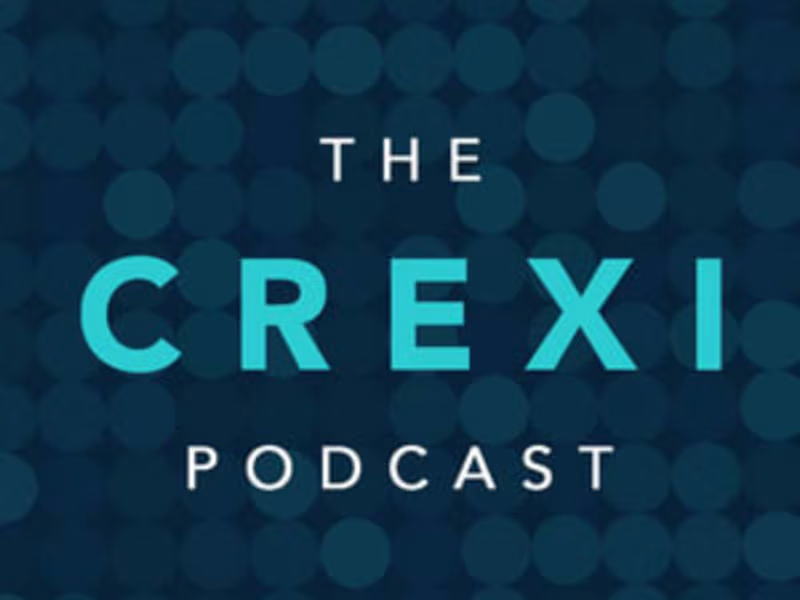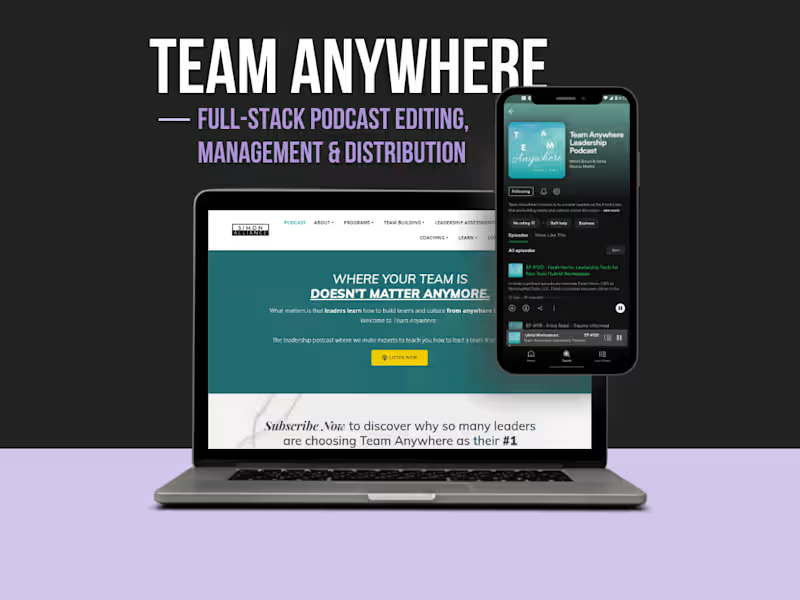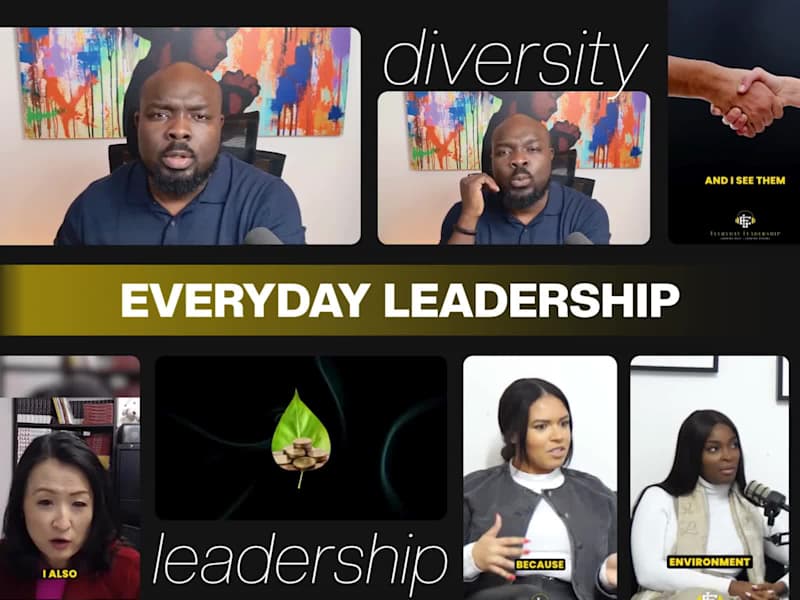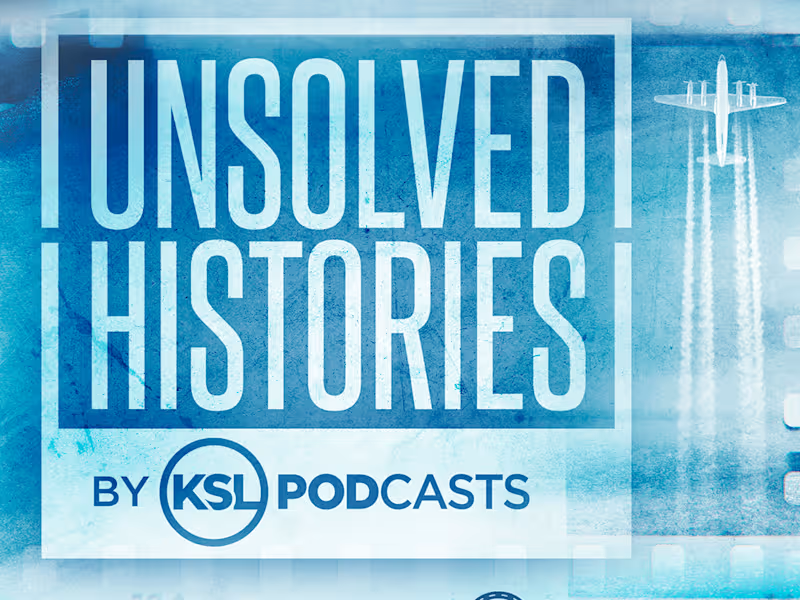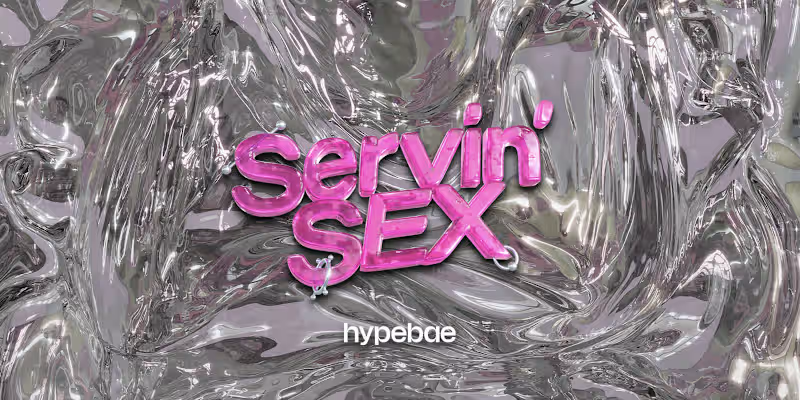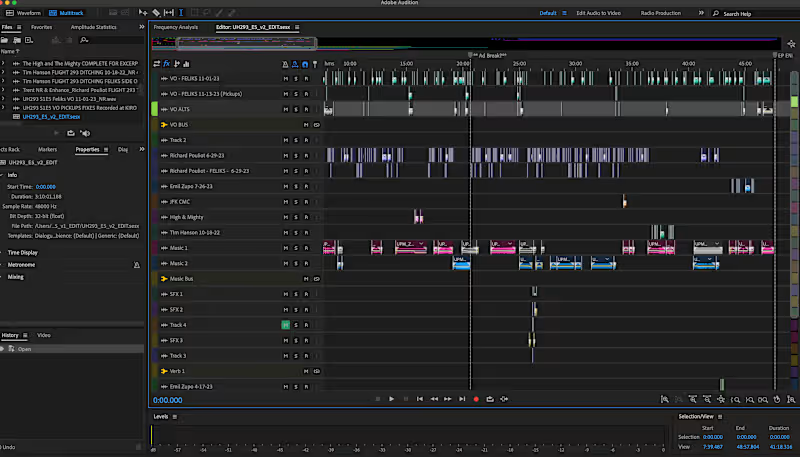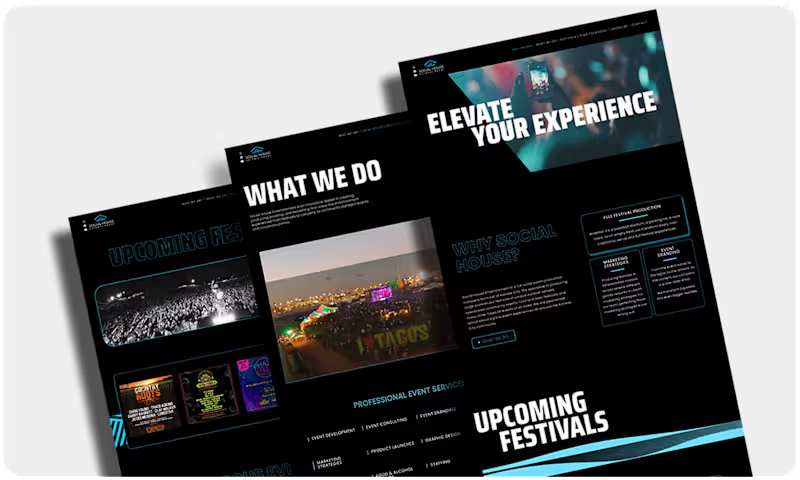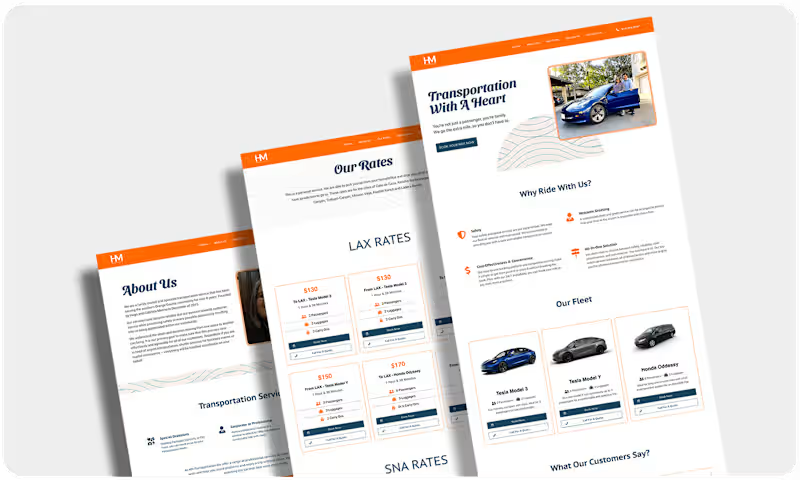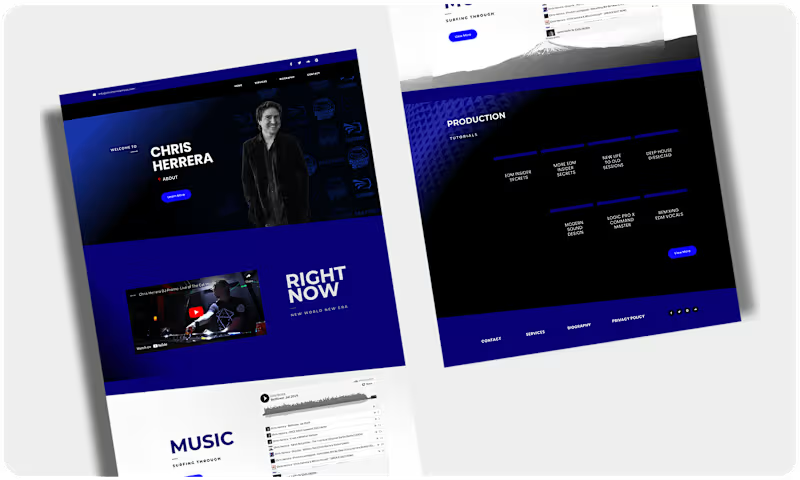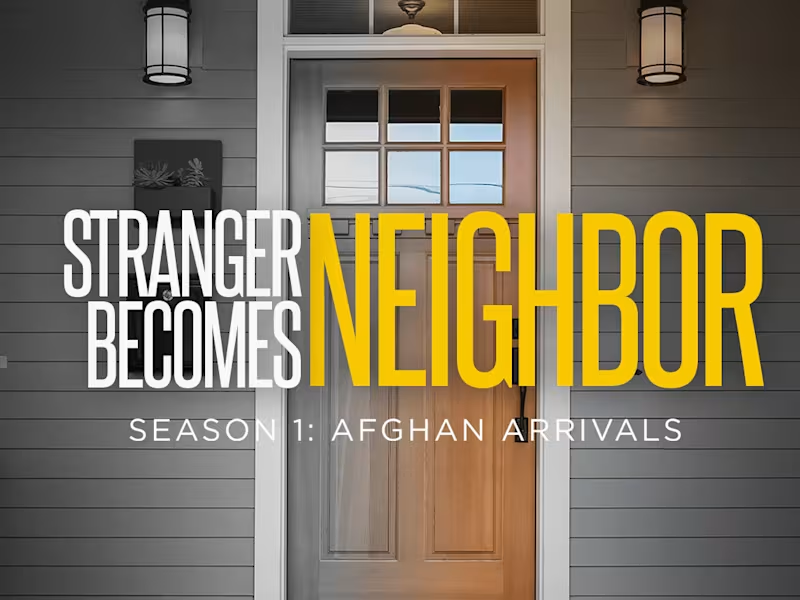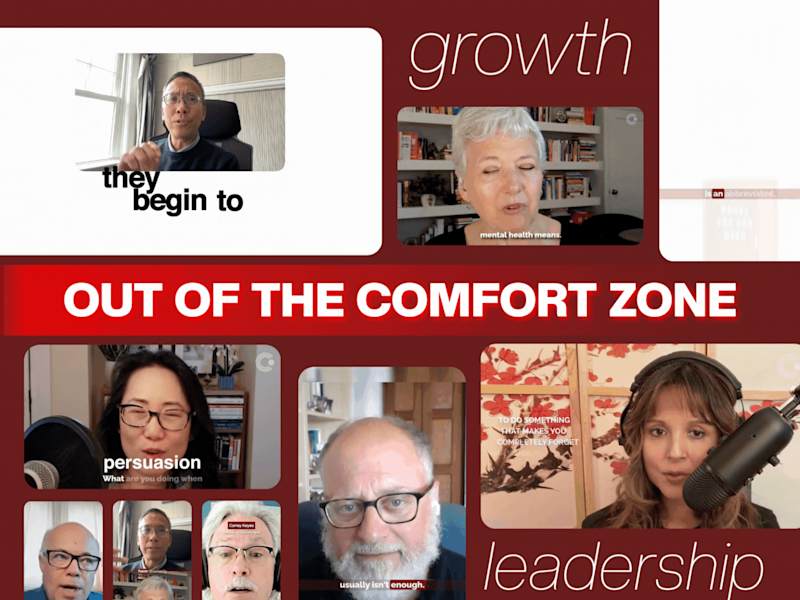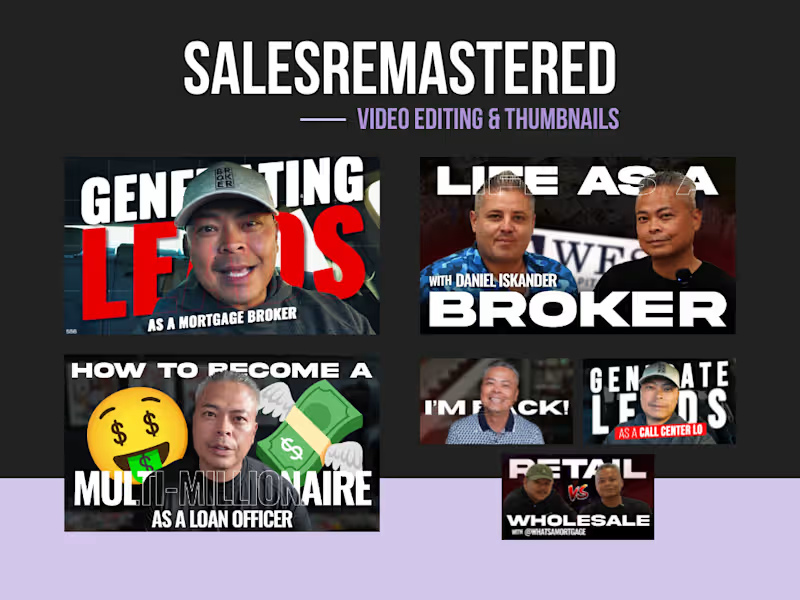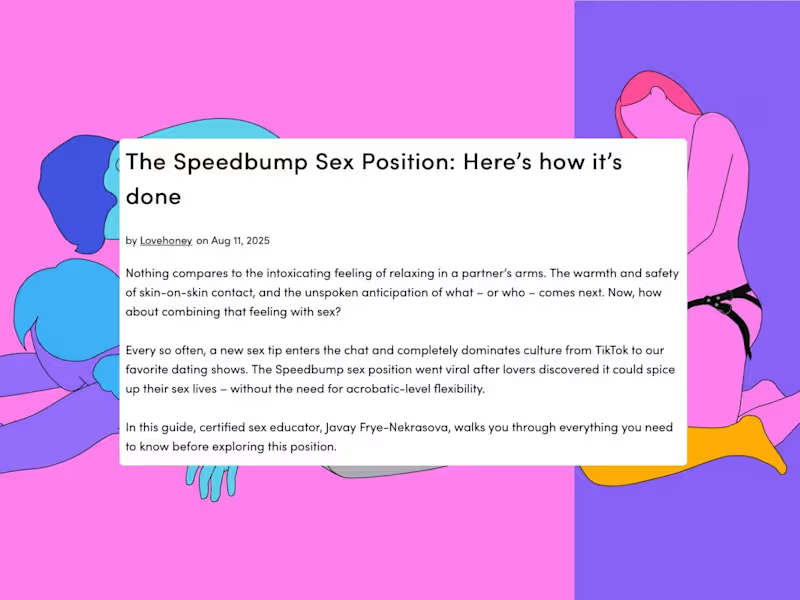How do I clearly define the scope of a podcast editing project?
Start by outlining what you want for your podcast episodes. Specify the length, style, and tone you prefer. Use examples of other podcasts that you like. Make sure to communicate these to your freelance podcast editor. Clearly defined details help the editor know exactly what you need.
What should I include in the project timeline for a freelance podcast editor?
Set clear deadlines for each stage of the podcast editing process. This includes the first edit, feedback rounds, and the final version. Make sure the deadlines work for both you and the editor. This keeps the project on track and ensures timely delivery. Don't forget to consider the time zone if they live in California.
How do I establish communication expectations with a freelance podcast editor?
Decide how often you want to check in with your editor. Agree on the best means to communicate, whether email or messaging. Discuss any regular meetings or updates you'd like. This helps keep everyone on the same page. Consistent communication can prevent misunderstandings.
What should I discuss with my podcast editor about audio quality standards?
Explain the sound quality you want for your podcast. Share any examples highlighting the audio you like. Discuss the software or tools they will use for editing. Agree on standards for voice clarity, background noise, and music levels. High audio quality makes your podcast more enjoyable for listeners.
How do I specify any specific California-related content needs for my podcast?
If your podcast targets listeners in California, communicate any state-specific content. Discuss Californian topics, events, or guests you want to include. This ensures the editor aligns the content with your target audience. It can make your podcast more relatable if your listeners are from California.
What deliverables should I expect from a freelance podcast editor?
Ask for a list of all the files you will receive after editing. These usually include the final edited podcast audio, any separate music tracks, and a transcript if needed. Ensure the format matches what you need for uploading. Clear deliverables help you measure the project's success.
How do I plan for revisions in a podcast editing contract?
Decide how many rounds of revisions are fair for both you and the editor. Clarify this in the contract so everyone knows what to expect. This allows for necessary changes after the initial edit without going over budget. Revisions help achieve the perfect sound for your podcast.
What is important to discuss about intellectual property for podcast episodes edited by a freelancer?
Make sure you know who owns the rights to the edited podcast. Discuss this clearly upfront with your editor. Usually, you want to own the completed episode and any original content. This ensures you can use your podcast however you like in the future.
How do I ensure confidentiality of the content when working with freelance podcast editors?
Talk about what parts of your podcast are confidential. Draft a simple agreement to protect this information. This might include unreleased content or sensitive interviews. Confidentiality keeps your podcast's integrity safe.
How do I address any location-specific editing needs, like those unique to California?
Identify if certain sounds or themes specific to California add value to your podcast. Discuss these details with your editor. Authentic local sounds or interviews can enhance your podcast's appeal to a Californian audience. Your editor should integrate these naturally into your project.
Who is Contra for?
Contra is designed for both freelancers (referred to as "independents") and clients. Freelancers can showcase their work, connect with clients, and manage projects commission-free. Clients can discover and hire top freelance talent for their projects.
What is the vision of Contra?
Contra aims to revolutionize the world of work by providing an all-in-one platform that empowers freelancers and clients to connect and collaborate seamlessly, eliminating traditional barriers and commission fees.








































